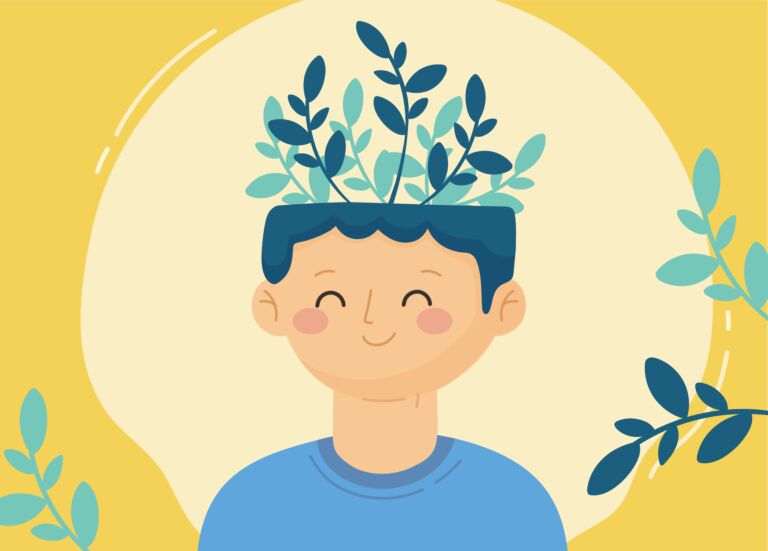Let’s help those with mental illness
By understanding the signs, we can support our friends and neighbors
June 14, 2021
Social stigmas, such as those we can experience if we’re struggling with our mental health, can make a person feel alienated because of an underlying characteristic or quality that they possess. For people with mental health conditions, such as depression and anxiety, these stigmas arise due to people’s lack of knowledge and acceptance of mental illness. An article from the American Psychiatric Association determined that more than half of people with mental illness do not seek help due to the fear of being discriminated against. Stigma can drive a person who needs help to be too afraid to receive treatment, be misunderstood by family and friends, and be alienated, leading to fewer employment opportunities. In addition, according to United For Sight, psychological disorders are not covered by insurance policies in many countries, making mental health care unaffordable for many people. These factors are further reinforced by a study published by the Mental Health Foundation, which determined that 9 out of 10 people with mental illness feel that stigma negatively impacts their lives. It is time that we learn about the observable signs of mental illness and ways we can help those individuals in need.
Recognizing common signs of mental illness enables us to help someone who can not help themselves. According to the National Alliance on Mental illness, the symptoms of mental illness in adolescents and adults include but are not limited to excessive worrying, excessive fear, feeling excessively sad, problems concentration, extreme mood changes, prolonged feelings of irritability, avoiding friends, avoiding social activities, low energy, changes in eating habits, delusions, hallucinations, overuse of substances, difficulty carrying out daily activities, intense fear of weight gain, and extreme concern with appearance.
According to the National Alliance on Mental Illness, the symptoms of mental illnesses in children ages one to ten are changes in school performance, excessive worry, hyperactive behavior, frequent nightmares, frequent disobedience, frequent aggression, and frequent temper tantrums.
As a friend, family member, or acquaintance, we can take actions to help someone who may be struggling with their mental health. Since societal stigmas serve as barriers to traditional therapy or medical interventions, hotlines can be an essential resource to help others. For example, SAMHSA is a toll-free, twenty-four-hour national helpline that is confidential and can be reached at 1-800-662-HELP (4357), providing treatment referral and information services for people and families facing mental or substance use disorders. Anyone can call this hotline and talk about the person they know who might be struggling with mental health, and the operator can give information on how to help. Another crucial hotline is The National Suicide Prevention Lifeline, which provides twenty-four-hour, toll-free, and confidential services to anyone in suicidal or emotional distress. The number for this hotline is 800-273-8255. For many, verbalizing their struggles or emotions can be exceedingly difficult. As a result, 1-800-273-TALK (8255) is a free crisis text line available 24 hours a day— simply text 741741.
There is another way that we can collectively help those struggling with mental health: using person-centered language. An article by Mental Health America discusses how person-centered language helps to dispel stigmas, focusing on individuals themselves instead of simply seeing them as an amalgamation of their illness and behaviors. That means saying, for example, “people who struggle with mental health” instead of “the mentally ill.” When we only see or refer to people as the sum of their illness, it causes them to want to hide from society and not seek help. The way people speak to one another impacts a person’s everyday life. Someone with a mental illness wants to be seen as a person and not seen as just their mental illness. Instead of shaming others for mental illness, people need to be supportive, thus leading others to want to help themselves.


